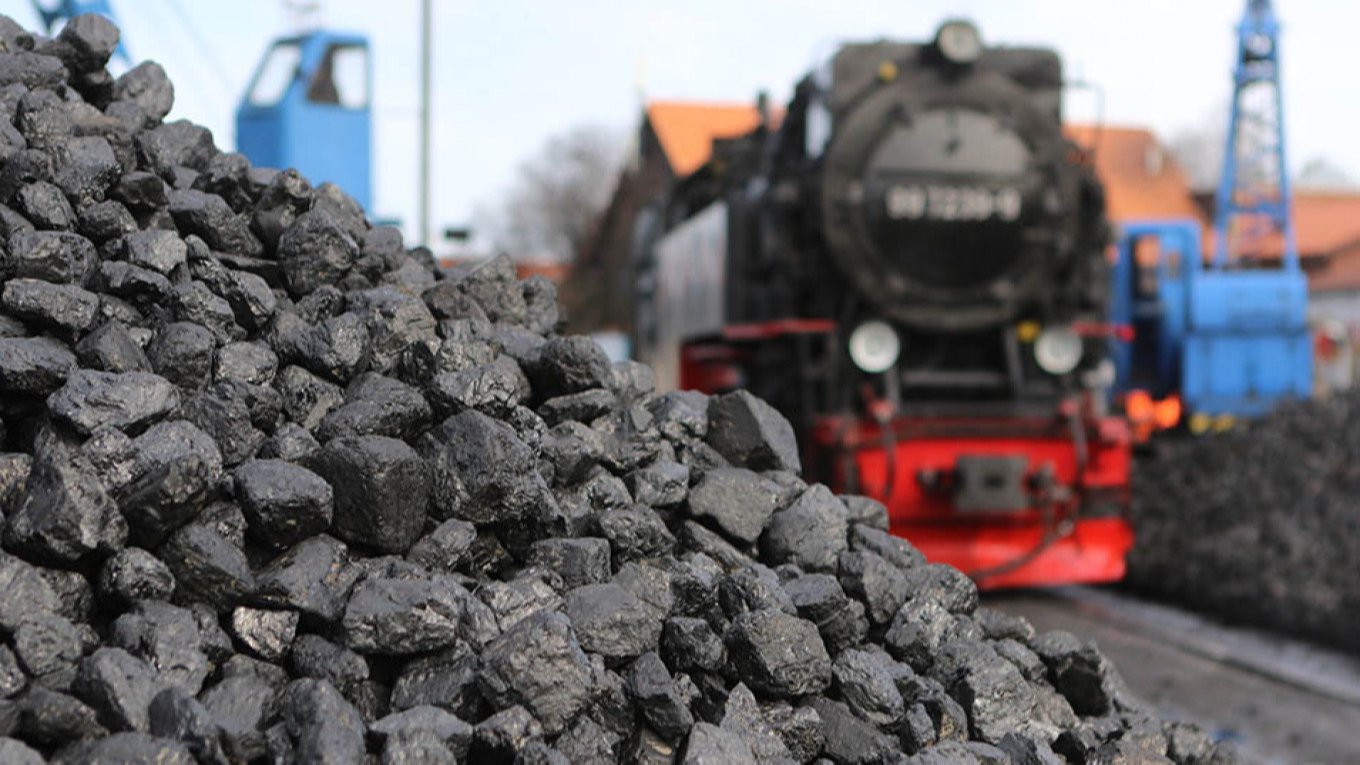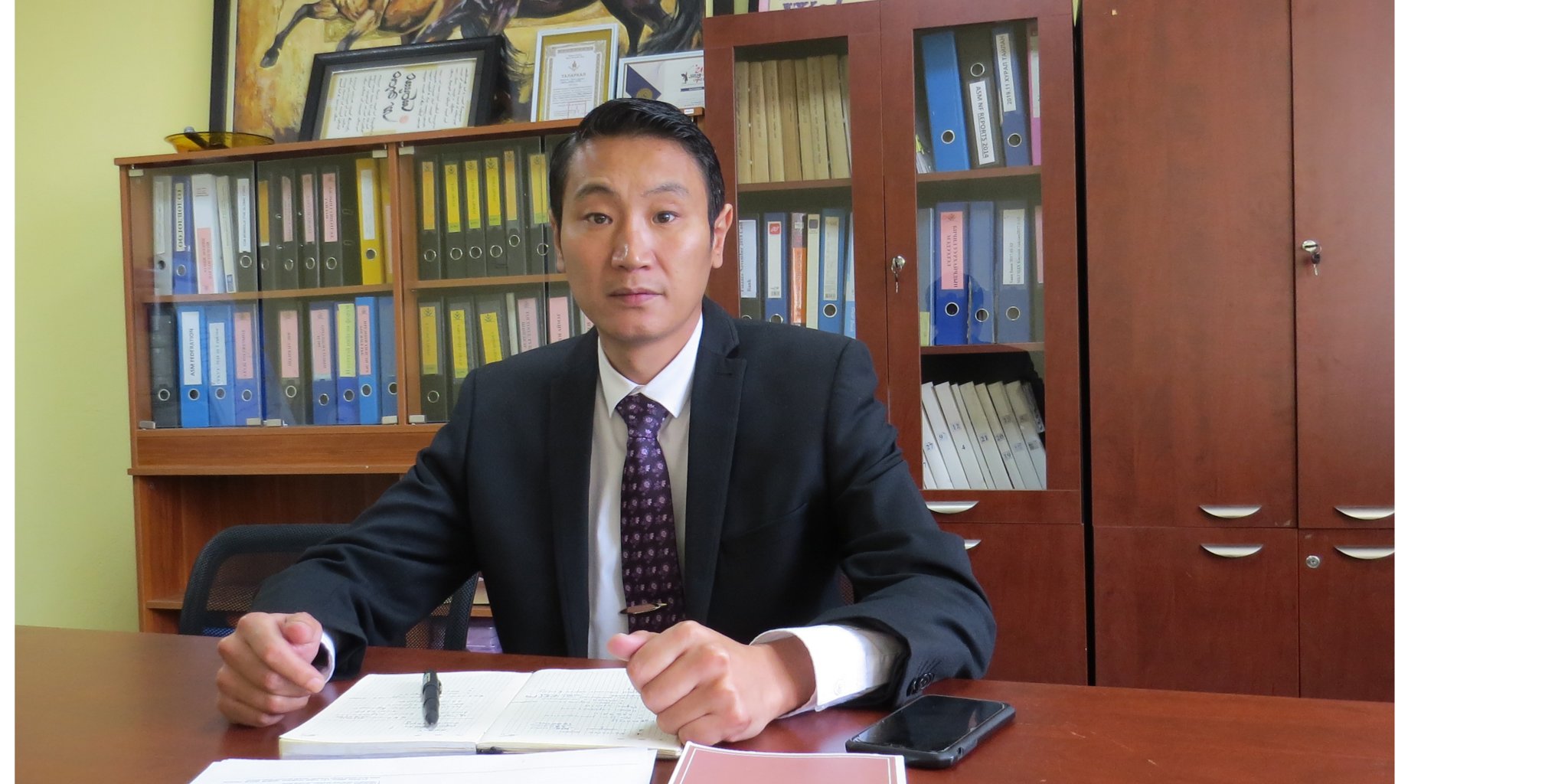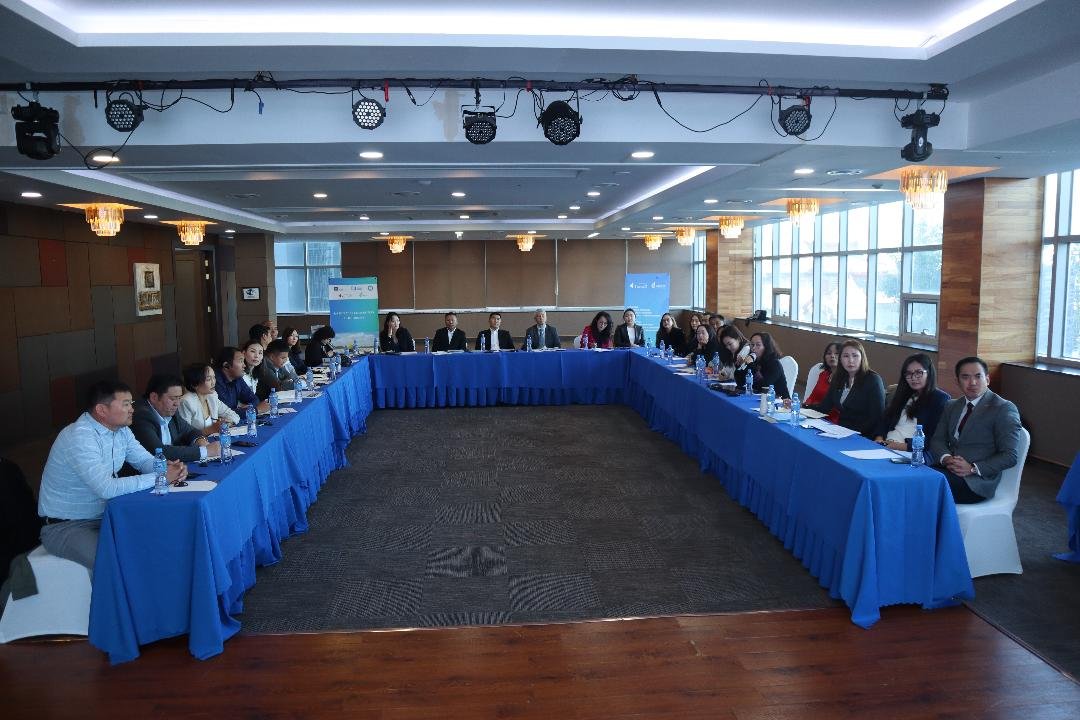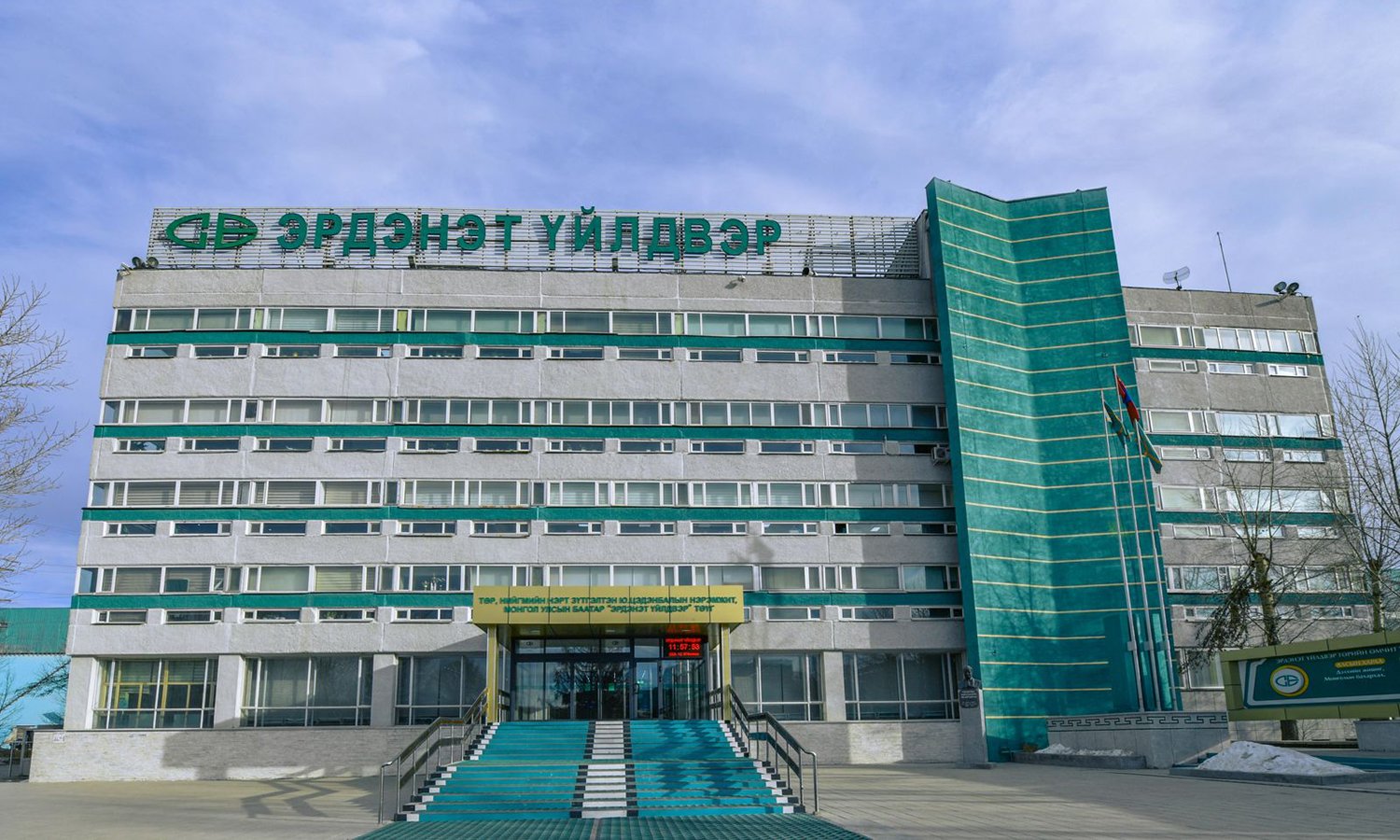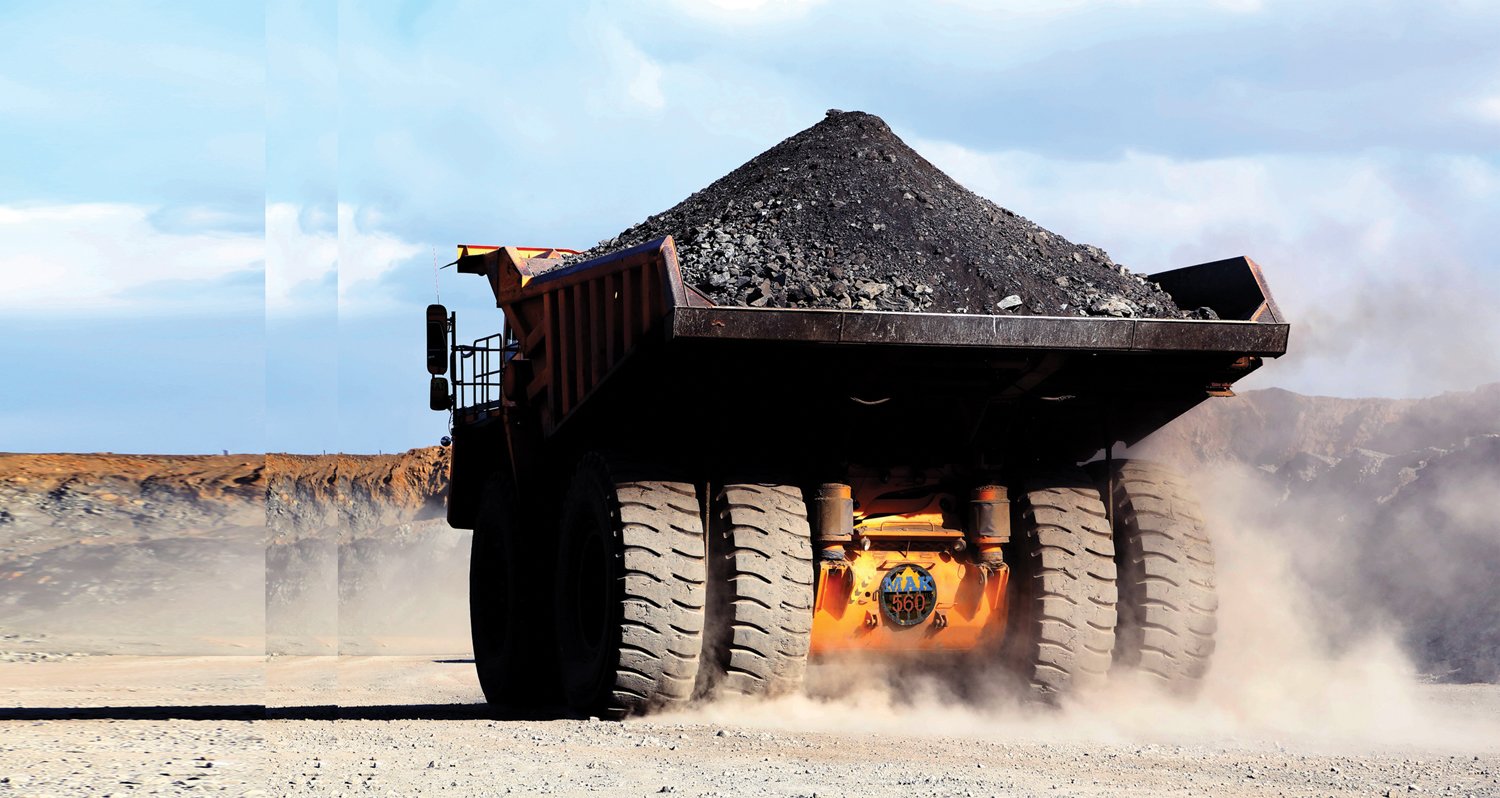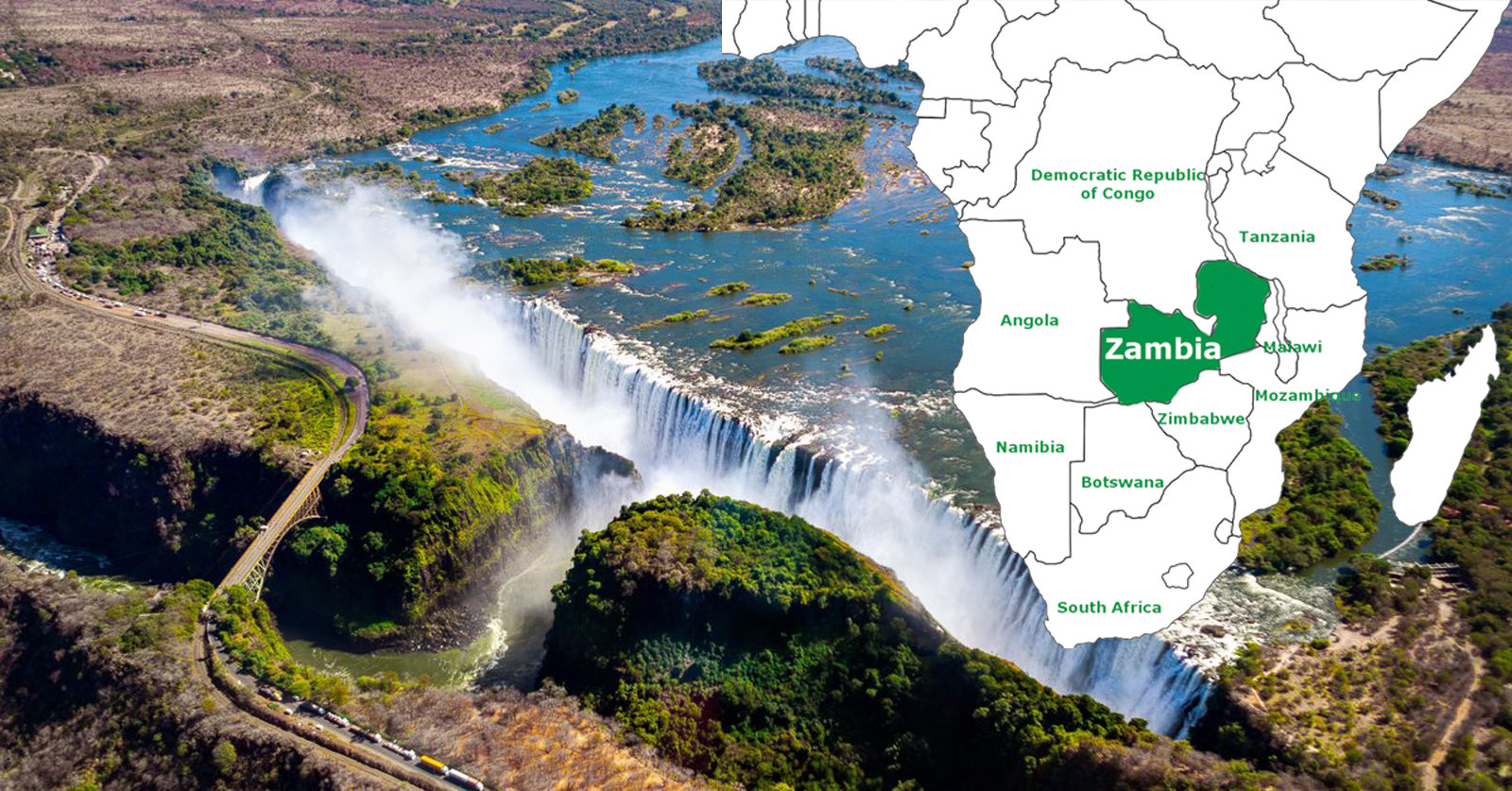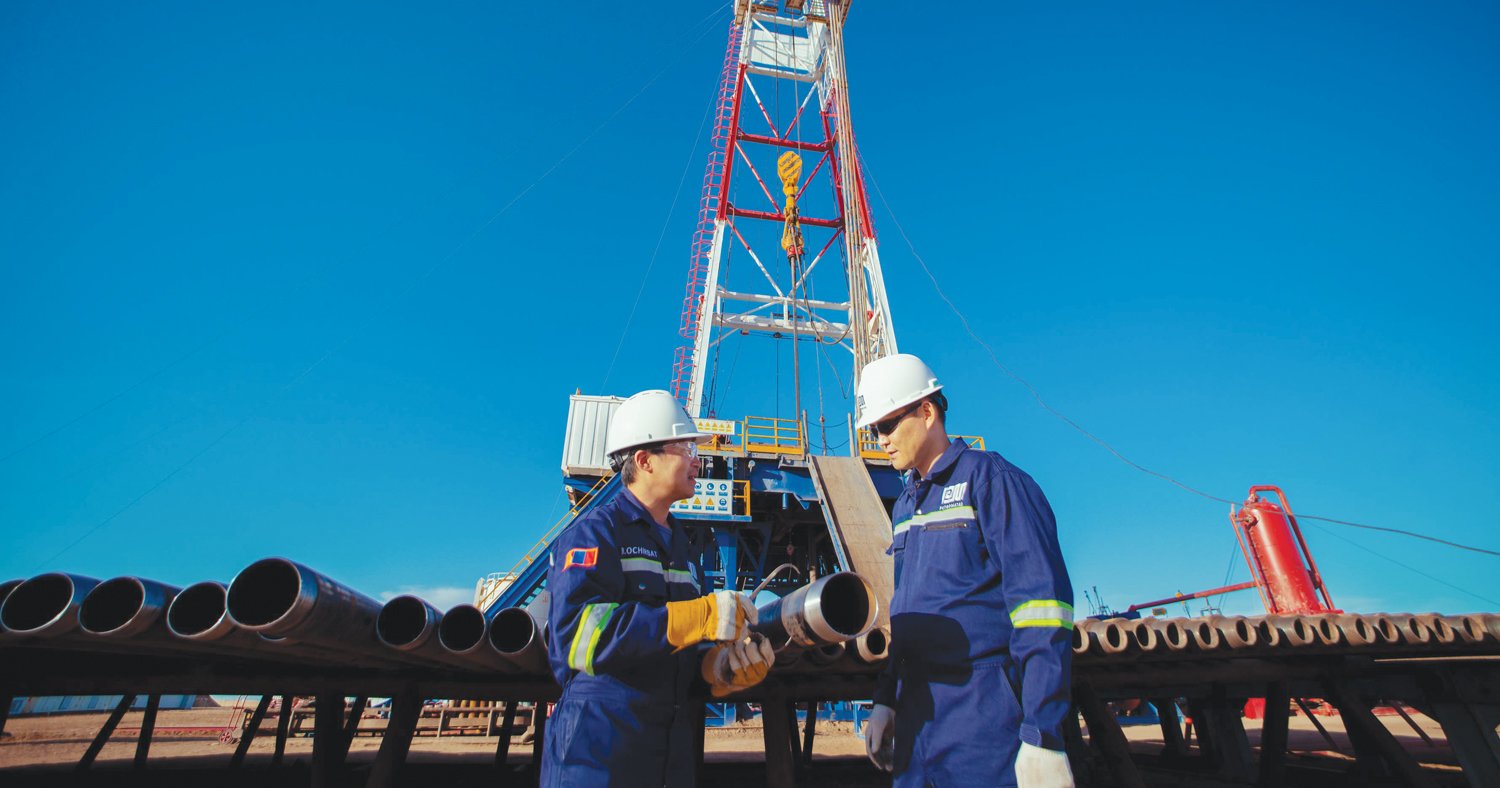Recent news
Coal is our only fragile hope for the next year
The ruling party is arguing internally about “who will own the coal”. Anyone who understands politics realises that the winner of this “war” will not be Mongolia, but some government official or group with self-interest. That the winning side will continue to steal coal is as certain as ever. Xi Jinping, “leader” of the global trade war and chief author of the Wolf Warrior (Xi Defangs the Wolf Warrior) policy, will surely retain his seat while our leaders pursue petty interests by waging an internal “coal war”.
Government decision targeting Erdenes Tavantolgoi
That there is a balance of payments crisis is evident from the imposition on 26th October of a six-month special regime by JSC Erdenes Tavantolgoi. This was unexpected. The company’s director-general, B. Gankhuyag was dismissed from his post and an investigation into the group’s alleged stealing from coal exports that Prime Minister L.Oyun-Erdene mentioned last spring, has been launched. The government believes that the special regime imposed by Government Decree No. 362 of 2022 will help increase the flow of foreign currency into Mongolia. The government states that the core business, management, organization, and balance of payment of Erdenes Tavantolgoi JSC will be improved, and revenues increased. The Ministry of Finance will be in charge for this work.
Miners working long shifts deserve to be paid more fairly
After the implementation of the revised labour law, which was endorsed last July and made effective from this year, miners have less money in their hands. That is because miners who worked more days at mining sites and spent much less time at home, are now entitled to have more time with their families and earn less. But it is not that simple.
Creation of the ‘Mongolian Coal’ brand
The bill on the Sovereign Wealth Fund will be discussed at the autumn session of Parliament. As the government supports, its approval without much objection is expected. The main point is that the structure, management, executive management, board of directors, operating strategy, and direction of the state-owned company, Erdenes Mongolia , is clearly stated in the bill.
Coal export revenues set a new record
The National Statistics Office reported that the total foreign trade turnover of our country as of August 15 this year reached $12.2 billion, an increase of 28.8% compared to the same period last year.
Mining Week and the confidence of investors
For the first time, representatives of the mining industry gathered at the Shangri-La Hotel for an entire week (19-23 September). Prime Minister L. Oyun-Erdene concluded by saying that there would be no recommendations or appeals from "Mining Week," but that we would discuss practical solutions and see the results of our work at next year's conference.
A real step forward for the coal industry
In the summer days while the war between Russia and Ukraine continued and China and Taiwan were on the brink of an armed conflict, Mongolia’s neutral foreign policy caught the world’s attention.
During his short visit (5 July) to Mongolia, Russian Foreign Minister Sergey Lavrov concluded that “the positions of our two countries in the international sphere coincide.” UN Secretary-General Antуnio Guterres said: “I am happy to visit Mongolia, which is a symbol of peace at a time when peace and tranquility are becoming increasingly rare in the world. Mongolia’s declaration of a nuclear-weapon-free zone is a bold step.” His visit to our country and his speech (08-11 August) raised Mongolia’s image in the international arena.
ASM PARTNERSHIPS WHO RECEIVE TRAINING FROM PROFESSIONAL ASSOCIATIONS ARE ELIGIBLE FOR CONDUCTING ARTISANAL MINING
What is the current state of the small-scale mining industry?
ASM regulation which was approved by the Government Resolution No. 151 in 2017, has been suspended by Government Resolution No. 355 in 2019. As a result of this later resolution, state agencies, local governments were not able to assess and allocate land for ASM, no new contracts were made with ASMrs. In fact, the resolution No 355 provided a direction not to support ASM and basically ASM activities were stopped for three years.
N.Tserenbat: The future of Oyu Tolgoi depends on well educated and skilled Mongolians
G.Iderkhangai, editor for The Mongolian Mining Journal, spoke with N.Tserenbat, CEO of Erdenes Oyu Tolgoi LLC.
The members of the working group shared their views on many issues, and some progress is being made
You were appointed by the Board of Directors of Erdenes Oyu Tolgoi LLC (1 October 2021) as the CEO of the company. In the subsequent eight months, shareholders have made a number of major decisions. As a result of the agreement reached between the government working group and the Temporary Committee on one side and the investors on the other side, the Oyu Tolgoi underground mine finally began production after 26 months. As the CEO of a state company that owns 34% of the Oyu Tolgoi project, how would you assess the work you have done in this short period?
The State Austerity Law hits the centenary of the mining industry
The Standing Committee on State Structure of the Parliament (15 June 2022) approved a resolution to celebrate the 100th anniversary of the establishment of State Control in Mongolia. The anniversary this year will be celebrated in accordance with the Austerity Law, which was approved by the Parliament on 29 April and officially became effective on 16 May. However, this historic anniversary could be “suppressed” by the Austerity Law, and nothing special will happen until the autumn. It appears that the government treats such events as an additional economic burden although these sectors carry the country’s economy on their back.
B. Tsengel: It’s time to reform state-owned companies
G.Iderkhangai of The Mongolian Mining Journal, spoke to B. Tsengel, Director of the Government Agency for Policy Coordination on State Property and Regulation (PCSP), about current issues facing state-owned companies.
We will establish a unified reporting mechanism for state-owned and partial state-owned legal entities
No major changes have been made to the Law on State Property since its enactment in 1996. The law is expected to be changed. What principal changes will be made?
First of all, my greetings to the readers of your magazine. Since 1990, Mongolia has moved from a centrally planned to a market economy, allowing many forms of ownership. Subsequently,
What can Mongolia learn from Zambia?
A recent study compared the investment climate between Mongolia, Zambia. Chile and Australia. It is not surprising that the latter two mining giant countries are far ahead of us in terms of mining investment and other related indicators. But don’t be surprised if Zambia stands higher than us.
It is very difficult to compare Zambia and Mongolia generally. The average person may imagine that Zambia is about a herd of elephants grazing on the African plain, while Mongolia is thought of as full of horses on the bitter cold steppe. Both are great scenery, but very different.
‘Revenge’ of Oil
Oil’s position is getting stronger despite the green transition. We thought that cheap oil would gradually work itself out of the global energy market through green policies, and decreased revenue for oil producers would follow. But the reverse is currently the case. Oil is regarded as a dirty fuel, and the enemy of nature due to its impact on climate change. But now, its positioning looks very attractive. All countries are eager for oil. It is quite certain that only sufficient oil will ease global inflation. Major oil producers are now key global actors.
The EU’s determination to reverse dependence on Russian fossil fuels (oil, gas, and coal) is only exacerbating these circumstances. Currently, the EU is discussing its sixth package of economic sanctions against Russia. However, they are divided on whether a total embargo on oil will happen despite announcing the ‘RepowerEU’ plan to entirely cut Russian energy imports within five years. i.e. by 2027.
A. BILGUUN: BUILDING AN INDUSTRIAL-SCALE GOLD SECTOR WITH MINIMUM ENVIRONMENTAL IMPACT BY USING HARD-ROCK DEPOSITS
Gold exports have risen sharply in the last two years and reached more than a billion dollars. Gold exports are expected to get a big share in total exports again this year, offsetting the inevitable decline in exports of coal and other minerals. B. Tugsbilegt, reporter of MMJ, talked to A.Bilguun, Vice President for Business Development of Erdene Resource Development Corporation, about what Mongolia should pay attention to support the gold sector in the future.
Global gold prices are rising. Do you think the high prices would have a positive effect on the Mongolian economy? What can a country like Mongolia, seeking economic recovery, do to take full advantage of favorable market conditions?
The recent rise in gold prices is unlikely to have a positive effect on Mongolia. First, the rising gold prices mean high inflation around the world. For Mongolia, which imports most of its consumer goods, this is affecting costs.
STATE-OWNED COMPANIES WILL COMPLETELY CHANGE
The Ministry of Finance and the Government Agency for Policy Coordination on State Property and Regulation (GAPCSP) are very busy with frequent visits to Erdenet and Darkhan. After the Khutul’s “Cement and Lime” plant was taken over by the state, the government renewed the charter of Erdenes Mongol company and terminated the concession agreement with QMC of the Darkhan Metallurgical Plant.
The new management team of Khutul’s “Cement and Lime” State Joint Stock Company promised to launch an IPO in 2023 and turn the company into a listed, publicly controlled and open joint stock company. Before that, the company needs to finish paying all taxes to the government. However, the Darkhan Metallurgical Plant, which wasn’t able to build a mining and metallurgical complex for eight years, is now owned by the state, along with the strategically important Tumurtei, Tumurt-Ovoo and Khustai deposits.
J.Zoljargal: Rising energy prices will expand Mongolia’s coal potential
Even though the price of coal is reaching its peak in the international market and drives the growth of our country’s exports, there are still delays to process shipments at the border due to the pandemic. At the same time, a number of Mongolia’s commodity export railways are being finished. Journalist from MMJ, B.Tugsbilegt, spoke with J. Zoljargal, the Executive Director of the Mongolian Coal Association.
Rising coal prices show that there is great opportunity, but Mongolia’s coal exports are still declining. In the first two months of the year, coal exports were 3 million tonnes less than in the same period last year.
At the time of the mining boom, there was speculation that our country would reach the level of Canada and Australia. The difference is that they have a market with multiple direct access routes to the sea, whereas our market is very small and has a very poor logistics system.
